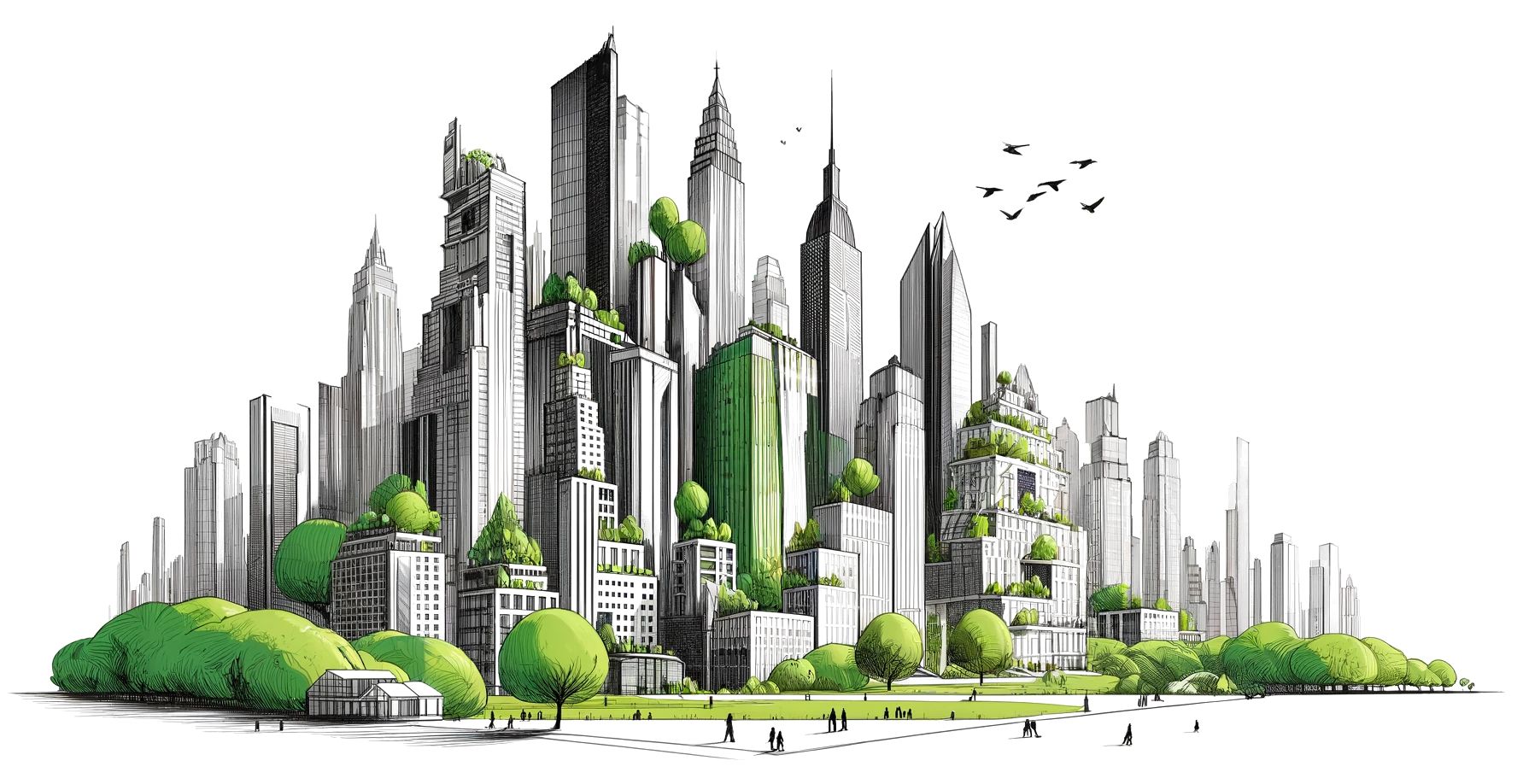Thessaloniki gets ready for its metro launch in November
The underground rapid transit lines have been under construction for almost two decades due to various project delays
 TheMayor.EU logo
TheMayor.EU logo Cities today face immense challenges. Climate change and the negative impacts of ongoing urbanization overlap, affecting our quality of life. City managers must make swift and accurate decisions regarding adaptive actions. Therefore, one might ask, how can we effectively support the decision-making process in cities? This is the question that the LIFECOOLCITY Project seeks to answer.
One of the main challenges facing modern cities is anthropogenic climate change. It is estimated that by the middle of this century, 80% of Europe's population will live in urban areas. The LIFECOOLCITY Project analyzes the urban environment and its problems resulting from anthropogenic climate change.
The project focuses on providing tools that will effectively support the management process of blue-green infrastructure by recognizing the state of five factors that build a city's adaptive potential, namely: land sealing, urban heat island, the state of blue infrastructure, the state of green infrastructure, and the state of biodiversity. It is worth noting that blue-green infrastructure (BGI) plays a crucial role in mitigating the negative effects of climate change.
 A Cool City. Image: MGGP Aero
A Cool City. Image: MGGP Aero
Extending its reach to approximately 10,000 cities within the European Union, the project provides tools that build knowledge about adaptive potential at both the European and city levels. The innovation of the implemented solutions will be based on integrating data acquisition technologies from satellite and aerial platforms and analyzing them using Geographic Information Systems (GIS) and Artificial Intelligence (AI).
As a result, decision-makers, managers, and city residents will have access to four products of varying levels of detail: CoolCity Ranking, CoolCity View, CoolCity Design, and CoolCity Monitoring. With the information and knowledge provided by the project results, cities will be able to effectively undertake actions to redesign blue-green infrastructure. The far-reaching effect will be a significant improvement in living conditions in cities.
The main recipients of the Project Results are cities. The LIFECOOLCITY project plans to conduct numerous consultations with cities to understand their needs and challenges regarding adaptive actions. One such event is the upcoming online conference entitled "LIFE in COOL CITY.
How does nature support cities in the face of climate change?" which will take place on June 18, 2024, via Zoom. The conference will be conducted in Polish, with English translation available.
This will be a unique opportunity to learn how remote sensing, modern geoinformation technologies, and nature-based solutions can help cities adapt to climate change. During the event, city representatives will learn how they can engage in consultancy activities related to the LIFECOOLCITY Project and receive a free analysis of the state of the blue-green infrastructure in their city.
We invite city representatives responsible for blue-green infrastructure, green management, environmental protection, and urban adaptation to climate change, as well as scientists, NGO, and everyone interested in the topics of climate change, cities, and green spaces.
We encourage you to register via the registration form.
Let's work together towards climate-resilient cities!

The underground rapid transit lines have been under construction for almost two decades due to various project delays

Now you can get your wine in Talence by paying directly in Bitcoin

That’s because the state has to spend money on updating the railway infrastructure rather than subsidizing the cost of the popular pass

Rethinking renewable energy sources for the urban landscape

The examples, compiled by Beyond Fossil Fuels, can inform and inspire communities and entrepreneurs that still feel trepidation at the prospect of energy transition

Now you can get your wine in Talence by paying directly in Bitcoin

The 10th European Conference on Sustainable Cities and Towns (ESCT) sets the stage for stronger cooperation between the EU, national and local level to fast track Europe's transition to climate neutrality.

At least, that’s the promise made by the mayor of Paris, Anne Hidalgo

The underground rapid transit lines have been under construction for almost two decades due to various project delays

At least, that’s the promise made by the mayor of Paris, Anne Hidalgo

Hostal de Pinós is located in the geographical centre of the autonomous region

Despite its church-y name, the district has long been known as the hangout spot for the artsy crowds

Urban dwellers across the EU are having a say in making their surroundings friendlier to people and the environment.

Forests in the EU can help green the European construction industry and bolster a continent-wide push for architectural improvements.

Apply by 10 November and do your part for the transformation of European public spaces

An interview with the Mayor of a Polish city that seeks to reinvent itself

An interview with the newly elected ICLEI President and Mayor of Malmö

A conversation with the Mayor of Lisbon about the spirit and dimensions of innovation present in the Portuguese capital














